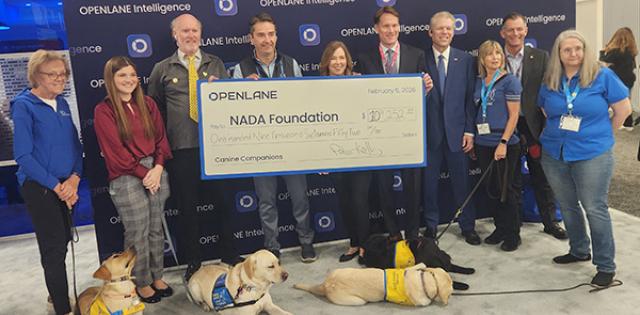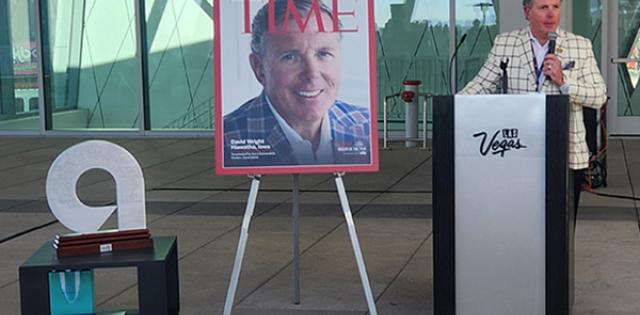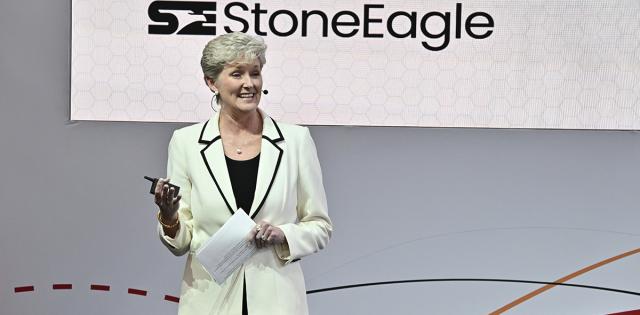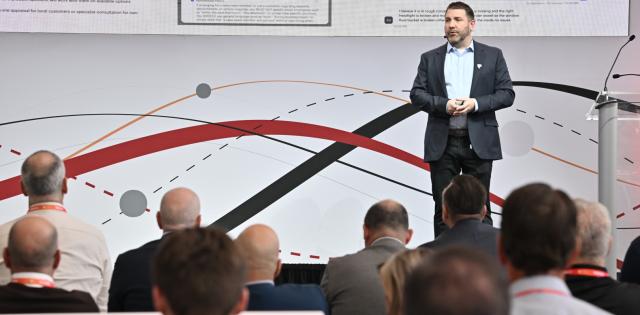Can I record my customers? Can they record me?
Questions about the legal implications of recording customers and employees raise complicated, but increasingly relevant issues that are driven largely by state law and practical considerations rather than by federal law.
Can I Record My Customers and Employees?
As an initial matter, whether under federal or state law, it is almost always illegal to record a phone call or private conversation to which you are not a party, do not have consent from at least one party, and could not naturally overhear. In addition, federal and many state laws do not permit you to secretly place a recording device on a person or telephone, in a home, office or elsewhere to secretly record a conversation between two people who have not consented.
This is reflected in the federal wiretap law which prohibits recording other peoples’ calls if neither party has consented to the recording but permits such recordings so long as one party consents and you do not use the recording to violate another law (see 18 U.S.C. 2511).
State law varies regarding the required level of consent from one or more parties to the conversation. Some states require “dual” consent – that is they require both parties (the recording party and the recorded party) to consent to being recorded. That means that customers generally cannot be recorded without their consent. While the adequacy of consent may vary under state law, as with any consent, it is always best for the consent to be clear and conspicuous and for the dealer to keep a record of that consent.
Most states are “one-party” consent states, which generally means that as long as one of the parties to the conversation consents, then the recording is generally permitted. That should mean that dealerships who wish to record customer interactions (such as test drives, F&I or service interactions, phone calls, etc.) should generally be permitted to do so under state law without obtaining the consent of the consumer. However, some states may have additional disclosure or other requirements beyond consent that dealers should consider.
There are also questions that arise as to whether dealership personnel can be recorded by the dealership (either as part of a customer interaction or otherwise) if they have not individually consented, or if they can be required to consent as a condition of employment. This raises a number of important, but complicated agency, privacy, employment, labor, and other issues that are outside the scope of this article.
In any event, dealers who record their customers may wish to consider notifying consumers that such recording is taking place. That could be through signage, recorded language on a phone call, or otherwise.
Note: Recording of phone calls raises further issues as it may not always be clear whether the two parties are in the same state. Therefore, a best practice may be to get consent from all parties before recording a phone call, even if you are in a “one-party” state.
In addition, the contents of any recording should be protected from hacking or inadvertent disclosure and kept no longer than needed. If the recording contains “non-public personal information” or “customer information” as defined under the federal Gramm Leach Bliley Act, then dealers must safeguard the contents of those recordings under the FTC Safeguards Rule (as must any vendor or technology provider that stores or makes such recordings) and must also make appropriate disclosures to the consumer under the FTC Privacy Rule.
Can My Customers Record Me?
Then there is the question about consumers recording dealership personnel. It could be in the service department on a dashcam or other recording device in the vehicle or on their phone, or other device. Even if you are not in a dual consent state, dealers who wish to prohibit such practices should be able to require as a matter of company policy that all dash cams and other recording devices be disabled while at the dealership. Again, that could be done by conspicuous signage, customer signature on a repair order (RO), etc. Of course, that needs to be handled properly or it could seem like the dealer is trying to hide something. It is primarily an issue of protecting the privacy of dealership personnel – especially when they do not know they are being recorded.
Dealers should work with their attorneys on all of these and other related issues under federal, state, and local law, before recording customers or employees, or prohibiting such recordings.
One last note: These recording issues are generally distinct from “biometric” privacy issues, which relate to the collection of inherent biological qualities, like fingerprints, facial scans, voiceprints, etc. Biometric privacy is becoming increasingly highly regulated under state and federal law. While one could imagine a scenario where these issues collide (e.g., a video recording that included a capacity for a facial scan or voiceprint), with current technology these are still generally separate issues. That of course may change as technology and the laws change.
In any event, questions about recording are only likely to become more prevalent as more and more vehicles themselves contain sophisticated and often hidden video and audio recording capabilities as standard features from the factory. As a result, dealers who have not yet considered these issues may be forced to do so in the coming years.
This blog post is for general, informational purposes only and not is intended as legal advice as it may not address all federal, state or other legal issues raised by the subject matter it addresses. Individuals should consult their own attorney to obtain advice with respect to any legal matter. The information presented is also not intended to urge or suggest that dealers adopt any specific practices or policies for their dealerships, nor is it intended to encourage concerted action among competitors or any other action on the part of dealers that would in any manner fix or stabilize the price or any element of the price of any good or service.
For more stories like this, bookmark www.NADAheadlines.org as a favorite in the browser of your choice and subscribe to our newsletter here:









